18. The Quick and the Dead (1995)
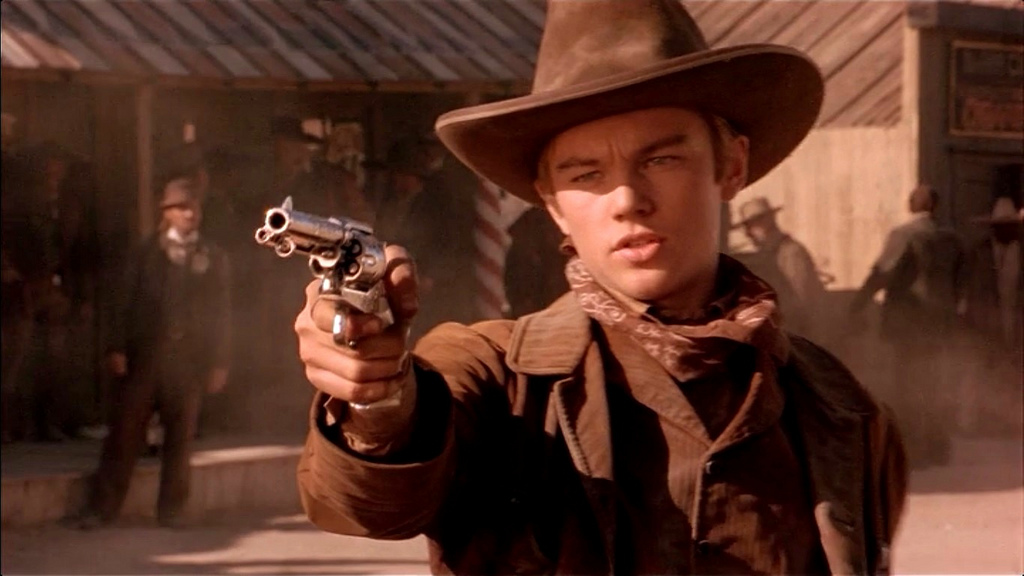
Sam Raimi’s direction in this western feels like a gleeful cross between Sergio Leone’s spaghetti westerns and Hong Kong kung fu flicks: Raimi slides into hard, Leone-esque close-ups with spiraling crash zooms. The plot is disposable, but the style is fun, and the cast includes Sharon Stone, Gene Hackman, and Russell Crowe.
DiCaprio is in there as well, of course, bearing one of the most well-worn monikers of Western cinema: “The Kid.” He’s a cocksure young gun shop owner who wants to impress the ruthless mayor, Herod (played by Hackman), whom he thinks is his father. The movie never stops feeling derivative, but the derivativeness is pleasantly diverting.
17. The Beach (2000)
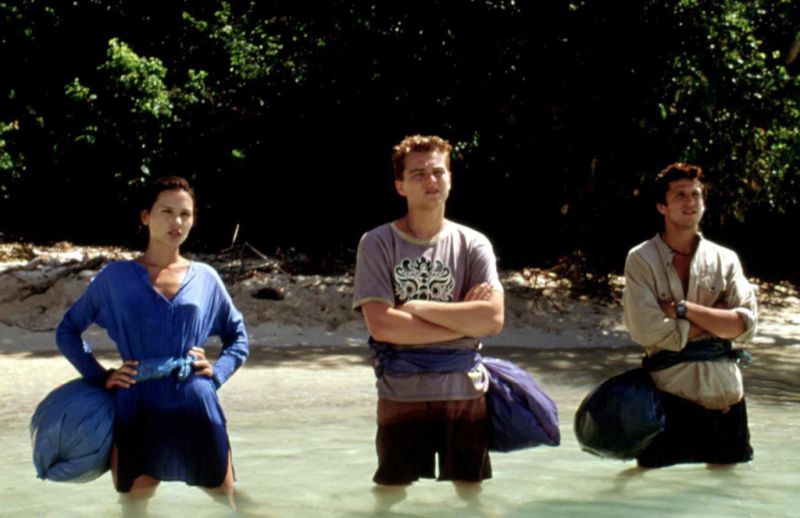
Currently sporting a wince-inducing 20% on Rotten Tomatoes, “The Beach” is really not as awful as critics dubbed it upon its release. Danny Boyle’s directorial style is a bit less caffeinated than usual – at least compared to, say, “Trance.” In certain moments, he manages to capture the serenity of isolation, contrasting more unnerving sequences like protagonist Richard’s hallucinations.
That’s not to say that “The Beach” is a great film, or even a particularly good one. The plot lacks focus, the dialogue encourages the occasional eye-roll, and the third act takes an ill-advised turn. Despite its select merits, it could be rightly called one of the weakest entries in Boyle’s oeuvre. But is it DiCaprio’s worst? Does it deserve 20% on Rotten Tomatoes? Nah.
16. Marvin’s Room (1996)

DiCaprio, Meryl Streep, Diane Keaton, Robert de Niro – it’s a hell of a cast for a pretty middling family drama. After Bessie (Keaton) discovers she has leukemia, she seeks out her estranged sister Lee (Streep) because she needs a bone marrow transplant. There is understandable tension between the sisters, as Bessie has taken care of their bedridden father for twenty years without hearing a word from Lee. Lee has plenty of problems of her own, with her son Hank (DiCaprio) sent to a mental institution after an act of arson.
The pieces for an award-winning film are all there, and “Marvin’s Room” did indeed win a few awards. But it’s far from great. It’s too sentimental, and its sentiments are too familiar; it checks all the requisite boxes on the family drama checklist without adding anything of its own.
15. Blood Diamond (2006)
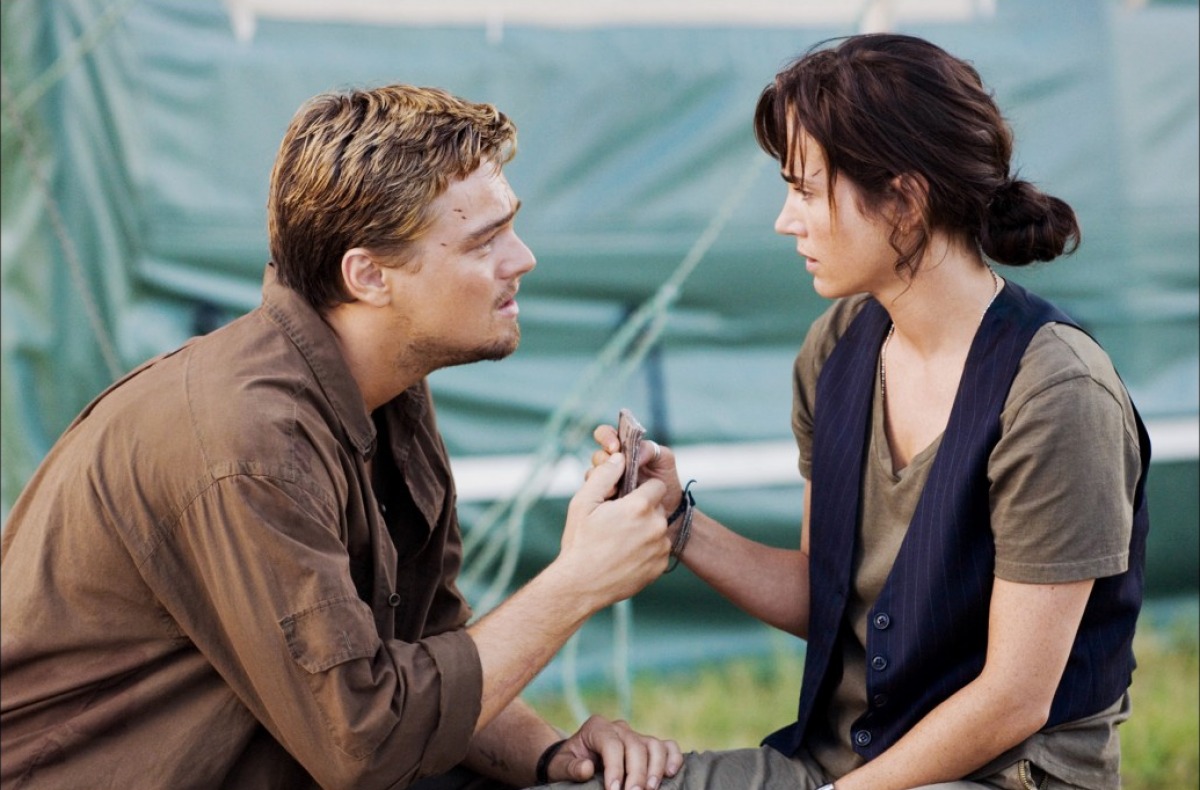
Set in the late 90s civil war in Sierra Leone, Edward Zwick’s “Blood Diamond” takes its title from the diamonds mined in war-ravaged areas and used to finance further conflict. Djimon Hounsou plays Solomon Vandy, a fisherman torn from his family and forced into diamond harvesting; and DiCaprio plays Danny Archer, an arms trafficker imprisoned after being caught diamond smuggling.
“Blood Diamond” is exciting enough to distract from its conventional plot, and the ending – thanks in part to DiCaprio’s acting – carries surprising emotional weight. The film can’t exactly be upheld as cinema’s most sensitive treatment of race, though: with “Glory” and “The Last Samurai” also in his oeuvre, Edward Zwick seems to specialize in white savior narratives.
14. Revolutionary Road (2008)
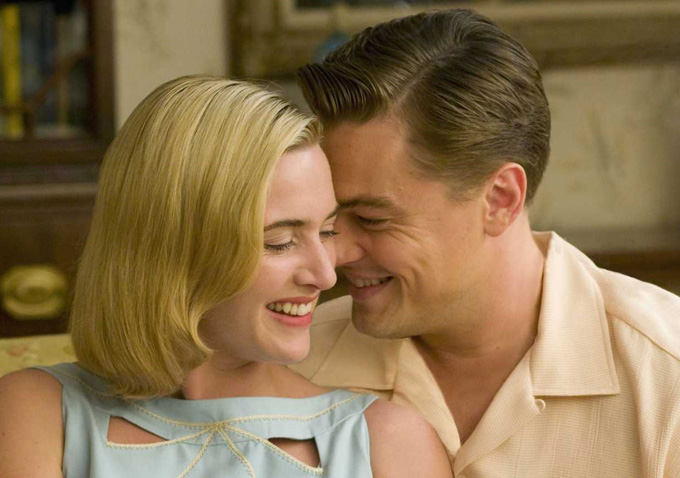
Sam Mendes continues his fascination with examining the dark side of suburbia, although nothing in “Revolutionary Road” is quite as captivating as “American Beauty.” DiCaprio and Winslet’s romance here is just as ill-fated as their romance in “Titanic,” although for much different reasons: the threat here is not an iceberg but rather the stresses of marriage exacerbated by the vacuity of suburban life.
DiCaprio and Winslet throw themselves into the occasionally ham-fisted dialogue, emotionally punishing themselves and each other until the film arrives at its bleak conclusion. The deterioration of their marriage – and their idealism – is draining to watch. If the film had managed to inspire more sympathy for its characters, perhaps its depressive tendencies would be more tolerable.
13. Romeo + Juliet (1996)
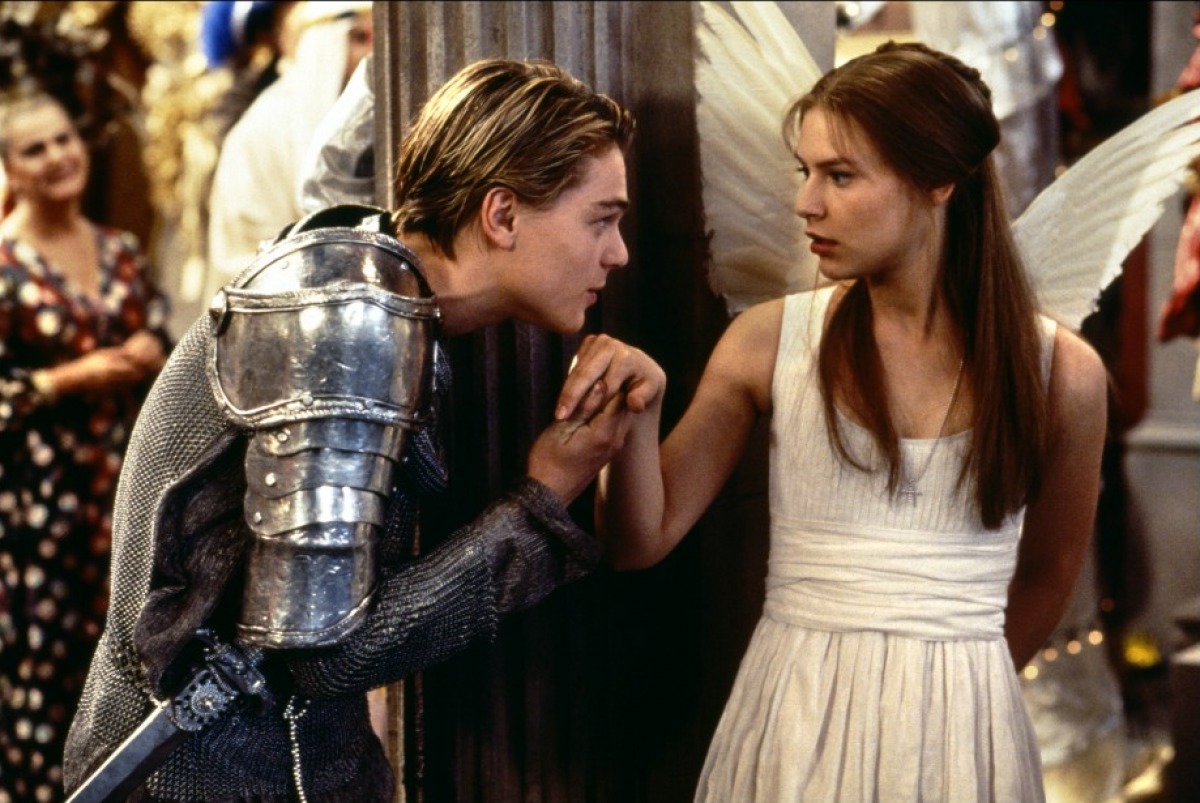
Modernizing everything but the dialogue, Baz Luhrmann transplants Shakespeare’s play to New York and casts the Montagues and Capulets as rival mafias. The fusion of old and new is always interesting, even when it feels off. I mean, in how many movies do you get to watch someone speak in iambic pentameter while tripping on ecstasy?
The direction makes one wonder if Luhrmann was also on ecstasy. His style tends toward the frantic and overbearing: most of the sleek camera movements work fine for the shootout scene, but did we really need a crash zoom showing that the brand of the brandished pistol is “Sword 9mm Series S”? Get it, because swords? In fairness to Luhrmann, he does tone things down during the romance scenes. DiCaprio and Claire Danes – well, primarily Danes – fumble with the dialogue at times, but their chemistry helps mask the occasionally awkward line delivery.
12. Shutter Island (2010)
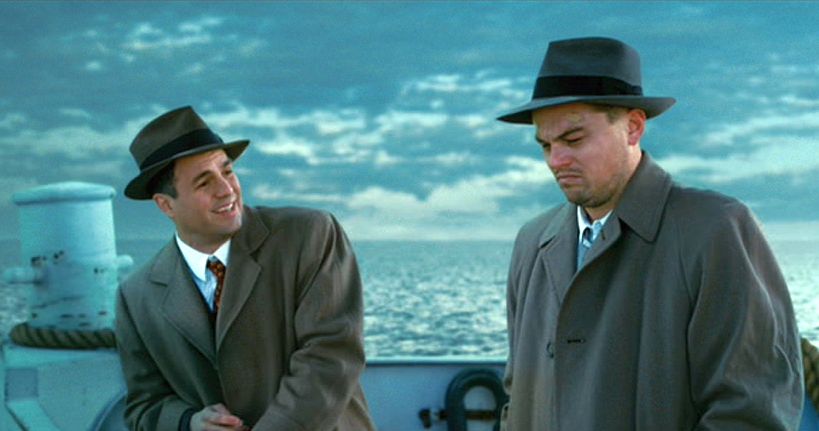
Of DiCaprio’s two 2010 psychological thrillers about a grieving man questioning his reality, “Shutter Island” is the lesser. It’s still gripping stuff though. Scorsese shoots for pure pulpy thrills here more than any of his movies since 1991’s “Cape Fear.”
“Shutter Island” is not exactly the paragon of subtlety. It deals in wild plot twists and horror film conventions, dressing up the character study at its core in plenty of genre trappings. It feels fun and heavy at the same time, with DiCaprio bringing emotional gravitas to an otherwise somewhat sensationalist plot.
11. The Revenant (2015)

DiCaprio finally won his Oscar for this gorgeously shot, if narratively empty, survival drama. He’s perfectly convincing at screaming, crawling around, and sleeping in animal carcasses; it’s just that these tasks do not demand as much expressive complexity as many of his other roles.
The cinematography, which relies almost fully on natural light, does capture the coldness and harshness of the environment marvelously. The greyish sunlight and fresh air seem imbued in the texture of the film somehow, and fires burn out all the brighter against pale and empty backdrops. So it’s worth watching for aesthetic value and for the dedication of DiCaprio’s performance. The story, though, doesn’t leave much of an impression.
10. This Boy’s Life (1993)

Future Scorsese favorite DiCaprio stars with then-current Scorsese favorite Robert de Niro in this adaptation of Tobias Wolff’s memoir. The timeline of the film spans several years, and DiCaprio does a fine job of capturing his character at various stages of life.
The central conflict of the story is Tobias’s struggle with his abusive stepfather Dwight, played by de Niro. While Tobias’s mother’s persistent commitment to Dwight grows frustrating, the devotion between her and her son provides an affectionate contrast to Dwight’s authoritarian tendencies, allowing the film to evoke a complex range of emotions.